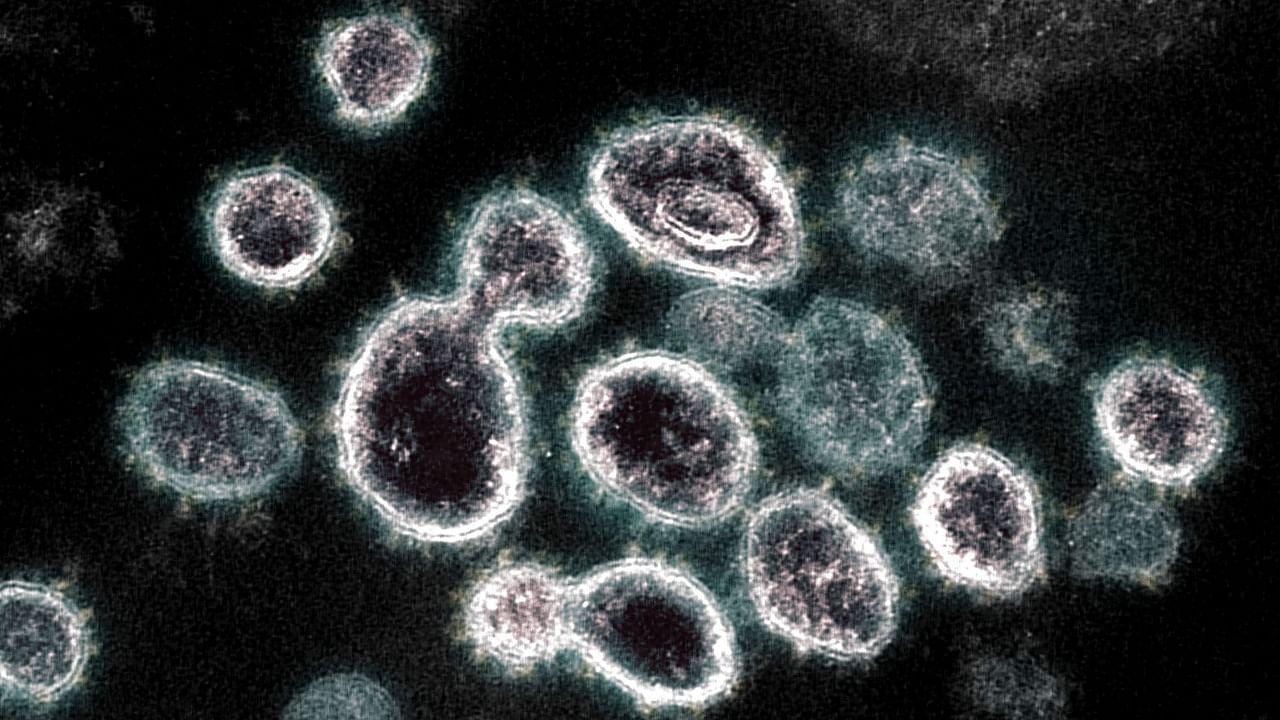
Leading American public health scientist, Dr Eric Feigl-Ding has called for the BA.2 sub-strain of the Omicron variant to be declared a 'variant of concern' after laboratory studies in Japan indicated that the strain is "faster at spreading and also likely to cause more severe disease."
The research, conducted by a team at the University of Tokyo, ascertained through studies on hamsters that those infected with the BA.2 sub-strain developed worse lung infection—suffering heavy tissue damage—than those infected with the BA.1 sub-strain.
"Our investigations using a hamster model showed that the pathogenicity of BA.2 is similar to that of an ancestral B.1.1 and higher than that of BA.1," the authors noted.
The yet-to-be peer-reviewed findings, recently posted on the preprint repository BioRxiv, show that the BA.2 sub variant may have features that make it as capable of causing serious illness as older Coronavirus variants.
The BA.2 sub-strain was stated to be more resistant to the antibodies developed from vaccination against Covid-19—on the lines of the dominant original Omicron—besides also evading antibodies developed from infections of the earlier variants of Coronavirus.
Researchers stated that it was also "almost completely resistant" to some monoclonal antibody treatments.
Besides, the BA.2 sub-strain is faster than BA.1, the original Omicron variant and has a different genomic sequence than BA.1, which, according to researchers, indicates different virological characteristics.
"Although BA.2 is considered as an Omicron variant, its genomic sequence is heavily different from BA.1, which suggests that the virological characteristics of BA.2 is different from that of BA.1," the authors noted.
(with PTI inputs)
Watch the latest DH Videos here: